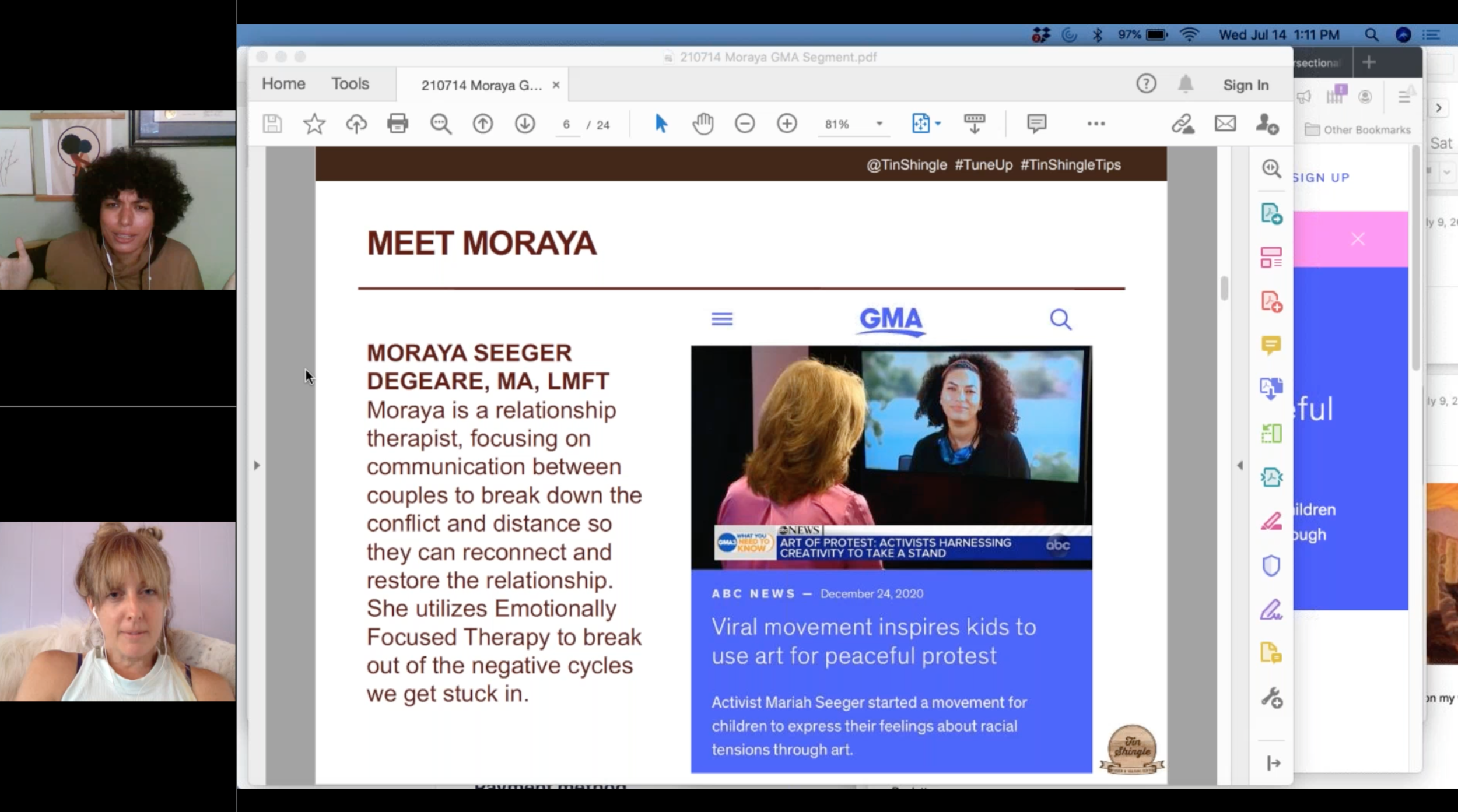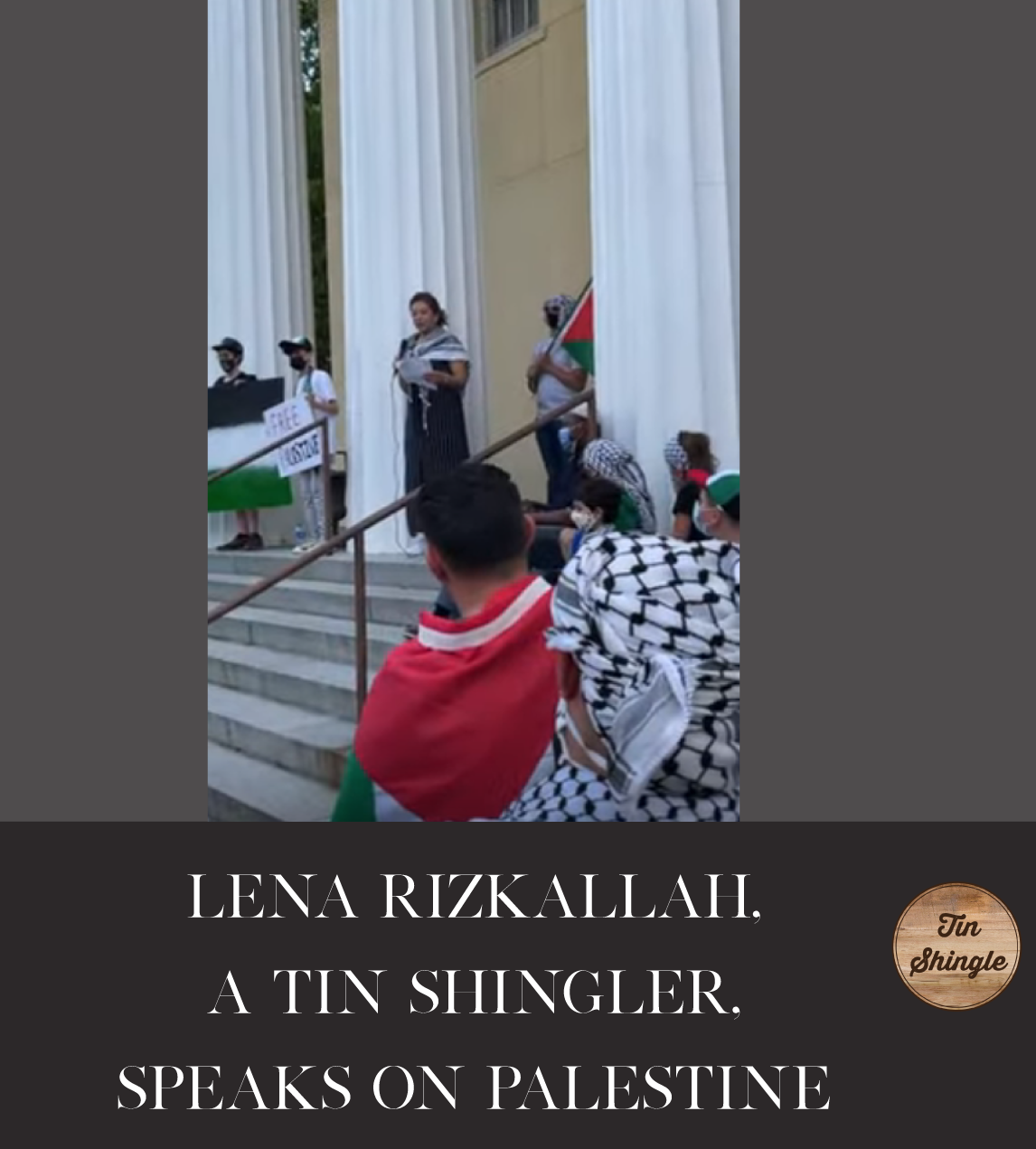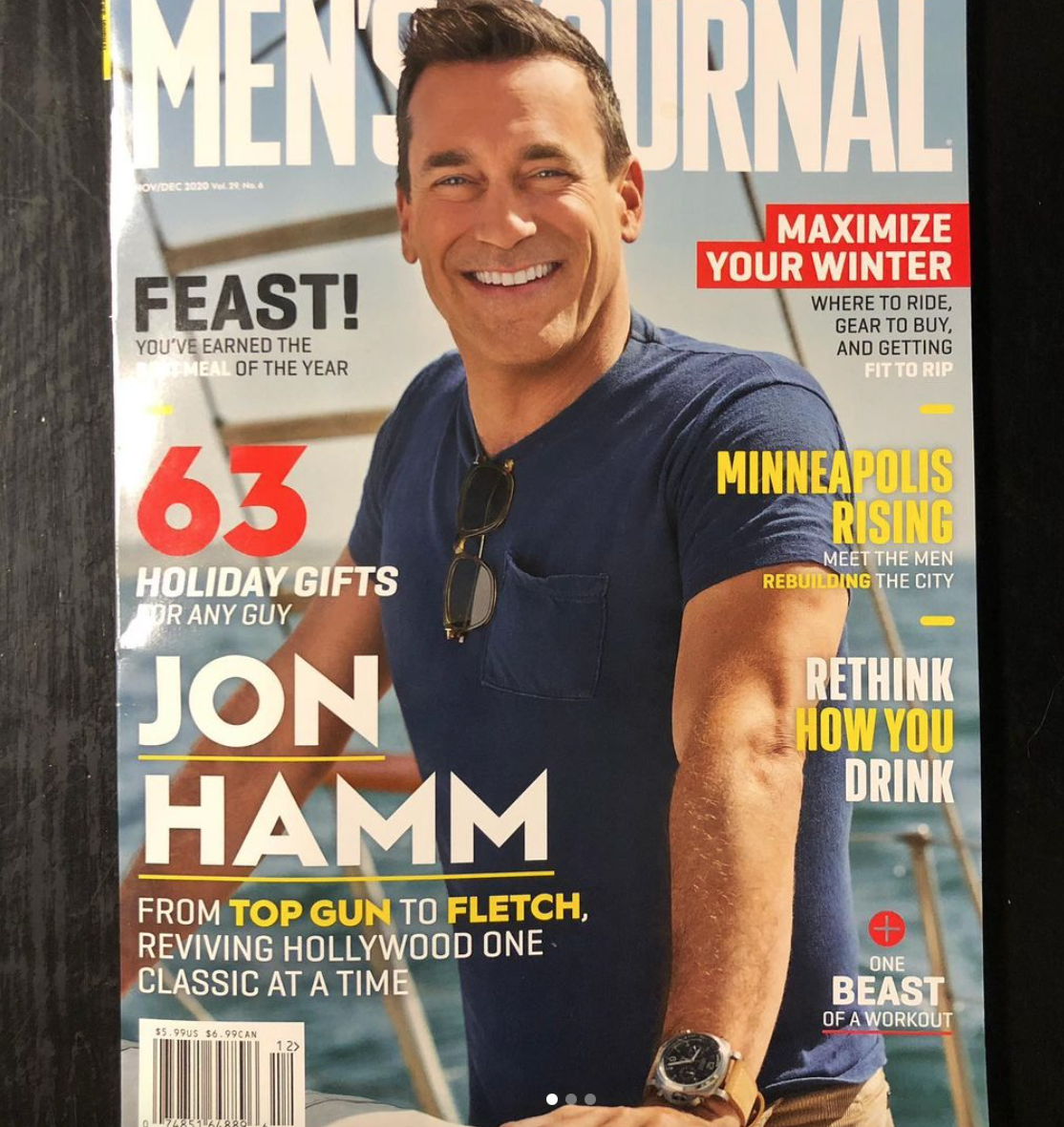I am a proud first generation Palestinian American and I’d like to share a couple thoughts with you all about the situation in Palestine. I want to start by telling you all a quick story.
One of my earliest memories was when I was a little girl, maybe 4 or 5—I was playing with my older brother and he took my toy and wouldn’t give it back. I ran to my mother crying and tried to explain the severity of the situation to her and ended by saying ‘it’s not fair!’. She kneeled down to face me, wiped my little tears, looked me straight in the face and said “ya Lena life is not fair. There is no justice.”
Now remember, I was 5. But this was my mother’s experience and there was no reason to sugarcoat anything, even to a 5 yr old. And I’ve never forgotten that moment and that truth and it’s resonated throughout my life.
And it’s awkward because I am Palestinian American. Being an American means living with the confidence that when I put my head down to sleep at night, the worst that might happen is I have a bad dream or the AC is too loud or my dog hogs the bed. Being an American means that I can travel freely throughout the US and the world. I can work, build a career, send my imaginary kids to any school that I can afford. As an American, I have an expectation-a right- to peace and equality and justice.
On the other hand, I am the daughter of the Palestinian diaspora.
My mother is a Palestinian refugee born in a small town about 20 minutes from Haifa, and my father was an immigrant from Ramallah. In 1948 when my mother was about 6 years old, she had to flee her hometown with her parents and 2 sisters because the Zionists had reached her village. My grandparents were planning to return but they never did.
For so many reasons, being a Palestinian of the diaspora and an American is disorienting. I grew up feeling very different from other kids at school—not just because of my Arab fro and unibrow, my hummus sandwiches and the fact that my dad picked me up from school wearing a dishdsheh. People I knew since kindergarten asked me where I was from and when I said Palestine it took me 20 minutes to explain why you can’t find it on a map.
I felt different because while I felt the security of America, it didn’t jive with the experiences of my parents and the history of my family in Palestine. From a young age, I understood that sure, everyone deserves freedom and justice-- but not everyone gets it.
I grew up over the last few decades watching the occupation unfold, the Israeli state broadening its control over the land and resources, and its power and influence expanding over the world. We watched as its ideologies infiltrated the media, education, churches, world history and culture.
We have watched helplessly, infuriated, as religious Jewish families from Brooklyn could move into a Palestinian’s 150 year old home and squat there, demand the Arab family to show an Israeli-court approved deed (which of course they don’t have because they’ve lived there since before Israel) and eventually have the Palestinian family evicted.
Watched settlers and soldiers bulldoze over centuries-old olive groves, destroying the livelihood of extended Palestinian families.















